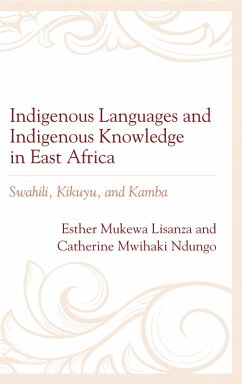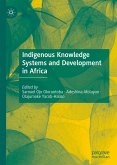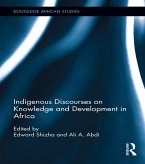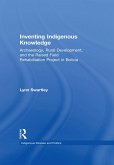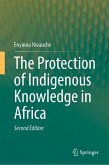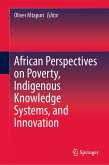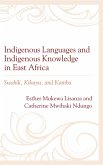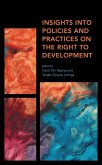In Indigenous Languages and Indigenous Knowledge in East Africa: Swahili, Kikuyu, and Kamba, Esther Mukewa Lisanza and Catherine Mwihaki Ndungo argue that African languages and indigenous knowledge forms are the tools which have made African communities such as Swahili, Kikuyu, and Kamba thrive for generations. Using interviews and research data, this book investigates the following questions: what is the nature and role of multilingualism in East Africa?; what role do herbs and indigenous foods play in Swahili, Kamba, and Kikuyu communities?; how are the communities governed indigenously?; and what is the connection between indigenous languages and knowledge? The findings presented within this study have demonstrated that multilingualism is a great resource in East Africa as many have prided themselves on their multilingual abilities within their education, careers, and cultures. Although these languages have been identified as carriers of indigenous governance, judiciary, and herbal medicine that have survived for generations, Lisanza and Ndungo advocate for policies and education systems to recenter these indigenous languages and their accompanying indigenous knowledge forms and practices once the older generations have passed on.
Bitte wählen Sie Ihr Anliegen aus.
Rechnungen
Retourenschein anfordern
Bestellstatus
Storno

